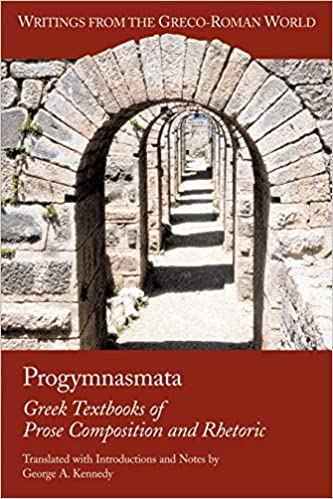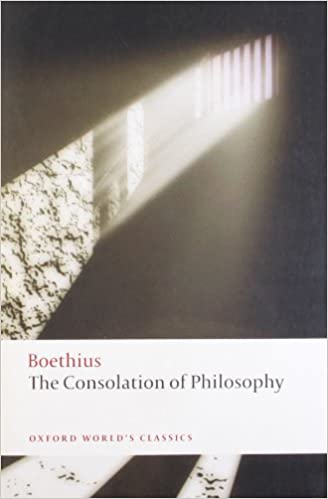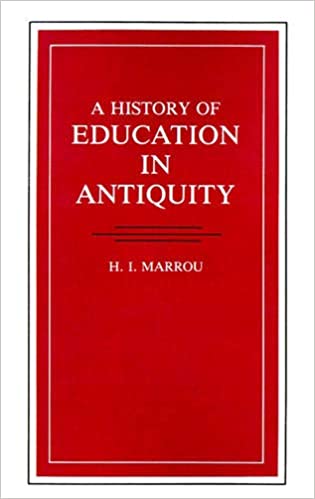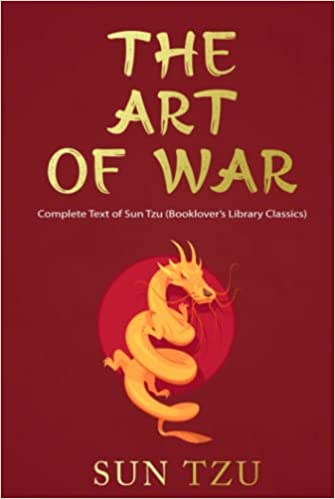Progymnasmata: Greek Textbooks of Prose Composition and Rhetoric
For students of classical, medieval, and early modern literature and of the history of education, Kennedy (classics emeritus, U. of North Carolina-Chapel Hill) presents and comments on four Greek treatises for teaching prose composition and elementary rhetoric. They were written during the time of the Roman Empire and studied throughout the Byzantine period; Latin translations of some were used across Europe during the Middle Ages; and one was translated into English in 1563.
More info →The Consolation of Philosophy
Boethius composed De Consolation Philosophiae in the sixth century A.D. while awaiting death by torture, condemned on a charge of plotting against Gothic rule, which he protested as manifestly unjust. Though a Christian, Boethius details the true end of life as the soul's knowledge of God, and consoles himself with the tenets of Greek philosophy, not with Christian precepts.
Written in a form called Meippean Satire that alternates between prose and verse, Boethius' work often consists of a story told by Ovid or Horace to illustrate the philosophy being expounded. The Consolation of Philosophy dominated the intellectual world of the Middle Ages; it inspired writers as diverse Thomas Aquinas, Jean de Meun, and Dante. In England it was rendered into Old English by Alfred the Great, into Middle English by Geoffrey Chaucer, and later Queen Elizabeth I made her own translation. The circumstances of composition, the heroic demeanor of the author, and the Meippean texture of part prose, part verse have been a fascination for students of philosophy, literature, and religion ever since.
More info →A History of Education in Antiquity
H. I. Marrou’s A History of Education in Antiquity has been an invaluable contribution in the fields of classical studies and history ever since its original publication in French in 1948. French historian H. I. Marrou traces the roots of classical education, from the warrior cultures of Homer, to the increasing importance of rhetoric and philosophy, to the adaptation of Hellenistic ideals within the Roman education system, and ending with the rise of Christian schools and churches in the early medieval period. Marrou shows how education, once formed as a way to train young warriors, eventually became increasingly philosophical and secularized as Christianity took hold in the Roman Empire. Through his examination of the transformation of Greco-Roman education, Marrou is able to create a better understanding of these cultures.
More info →The Art of War
The definitive translation of Sun-tzu's timeless classic of military strategy, Art of War
Sun-tzu's Art of War is almost certainly the most famous study of strategy ever written. This treatise has been credited with influencing some of the most legendary military operations. Beyond the battlefield, people far and wide have long turned to Art of War for advice on how to succeed in various competitive situations, and companies around the world now make this book required reading for their executives.
In this translation, Chinese warfare scholar Ralph D. Sawyer places Art of War in its proper historical context, outlining several battles that Sun-tzu either conducted or that may have influenced him, and offers an edition that is uniquely accurate and accessible.
More info →



